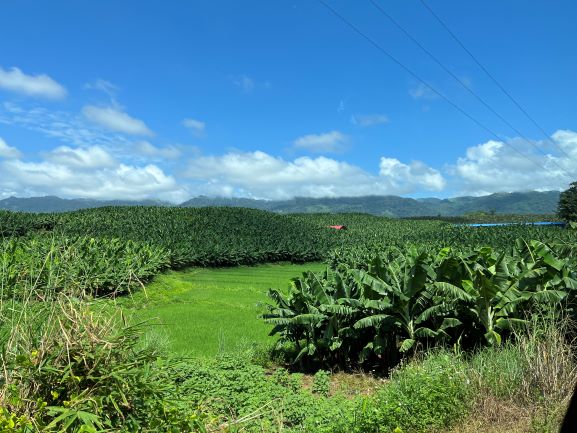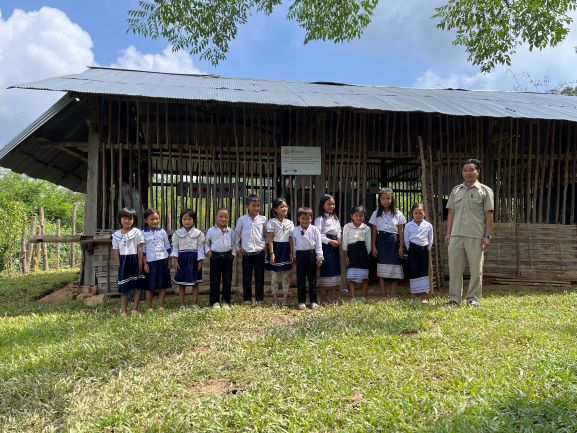移民先で生成される「インドネシア」表象
研究全体の概要 本研究は、インドネシア出身者が表象する「インドネシア」に着目し、各移民コミュニティにおいて「インドネシア」がいかに位置付けられているのかを明らかにする。本来インドネシアとは、想像から成る政治的な共同体である[アンダーソン2…

China is currently the largest foreign investor in Laos and banana investment is the largest fruit investment made by Chinese investors in Laos. Banana investment in Laos is mainly concentrated in the northern provinces, where the investors are all Chinese and 100% of the bananas produced are sold to China. Early Chinese investment in bananas in Laos was mainly stimulated by high market prices, with a large number of short-term and small-scale investors entering Laos to grow bananas, resulting in the banana boom. They usually exist as informal investments, highly mobile and only aiming for short-term profits. Later, due to the sudden outbreak of yellow leaf disease and the fall in market prices, most investors suffered major losses, and some even simply abandoned their banana plantations and ran away. Therefore, many investors consider growing bananas in Laos like gambling, getting involved because of the high prices, but no one knows what will happen the following year. Also due to limited government regulation, land rent disputes and labour problems are frequent. And some investors use large amounts of fertilizers and pesticides in pursuit of high yields, causing serious environmental pollution to the surrounding environment at the end of their investment.
Due to the huge negative impact of banana investment, the Lao government issued a ban on bananas in 2016 to restrict investment. Banana investment and trade between China and Laos are facing huge challenges for investors, farmers, communities and government departments. Therefore, this research takes the current banana investment by Chinese in Laos as an example to explore the transformation and development of commercial banana production in Laos.
The main purposes of this research are to investigate Chinese banana investment in the northern Laotian provinces of Oudomxay and Luang Prabang, to clarify the current state of banana investment in Laos after the banana ban, to find out how Chinese investors organize banana production, and to concentrate on the effect of Covid and China-Laos railway on commercial banana production.

This research is mainly based on the perspectives of government departments and Chinese investors, and lacks the perspectives of other stakeholders involved in banana investment. Therefore, the next study will focus on the perspectives of other stakeholders, such as local Lao villagers, Lao workers on the plantations, and banana middlemen, to see how different groups interact in banana investment.
Copyright © 附属次世代型アジア・アフリカ教育研究センター All Rights Reserved.